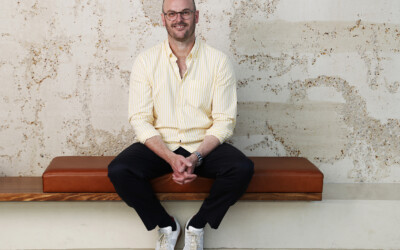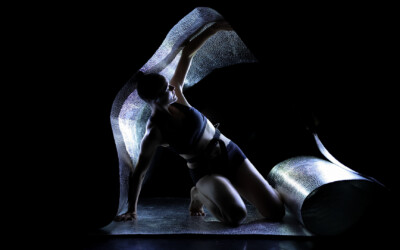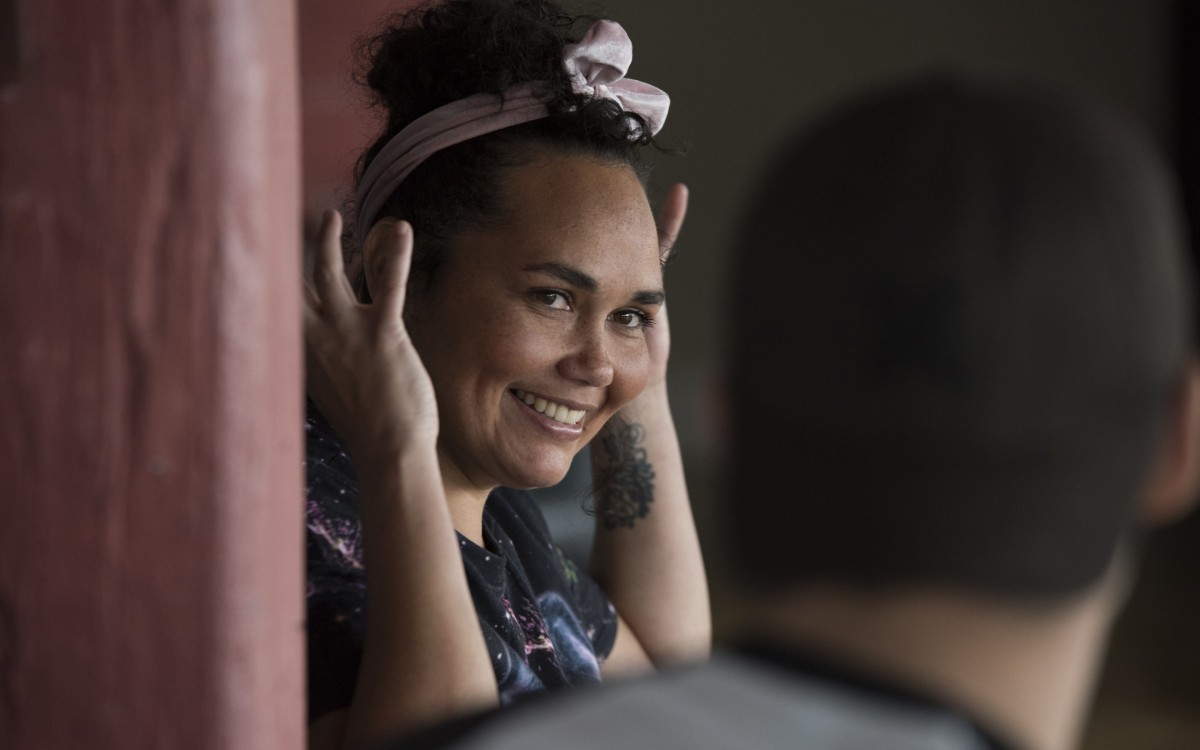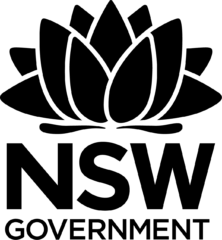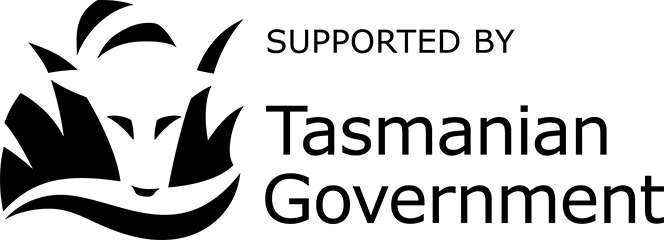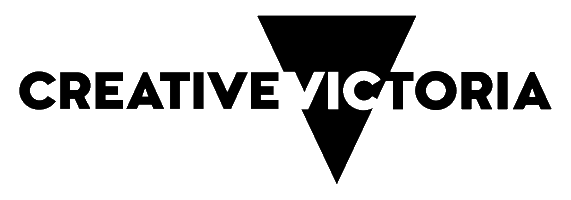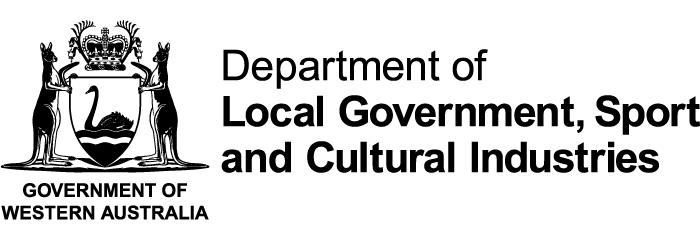After another tumultuous winter for the arts community, Performing Lines reached out to some of our associated artists to touch base. In this series of interviews, which will be published throughout October, we spoke about lockdown coping strategies, how each artist’s practice and perspective has changed over the past year, and where creative work fits in the middle of a pandemic (if at all).
Today we hear from Liesel Zink, an award-winning Queensland based choreographer interested in the body in shifting environmental and political landscapes.
While Covid has significantly disrupted our capacity to work in the arts, this can provide down time to reconnect with other art forms. What are some of the things you’ve been reading, watching, or listening to?
I love craft, so often my home is overrun by the mess of my latest craft project – whether that is sewing, knitting, pysanky (traditional Ukrainian egg painting), or anything that induces a meditative state of flow. Not only do I find this crafty relaxation incredibly soul nourishing, but I also find it a valuable way to help recalibrate my often jumbled thoughts. I have actually started to incorporate daily crafting into my artistic process; a deliberate act of creative rest to help settle my mind at the end of a day.




